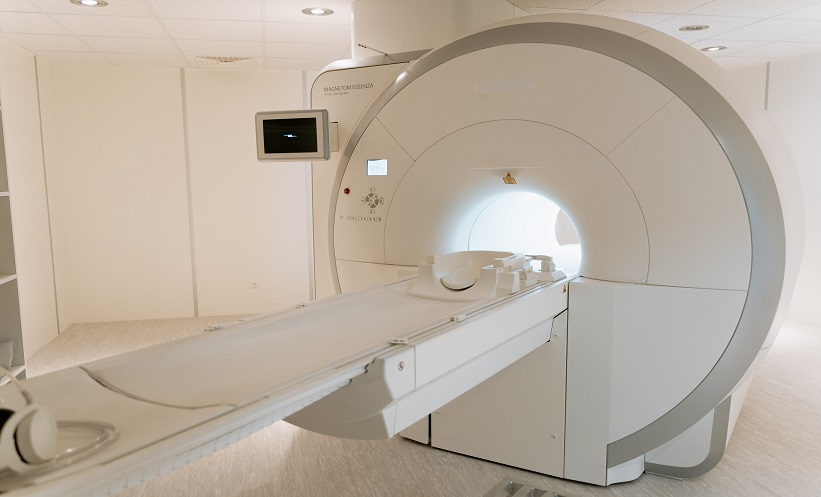IMAGING with 68-gallium prostate-specific membrane antigen (68Ga-PSMA-11) PET/MRI can be used to identify patients at risk for prostate cancer (PCa) recurrence within 2 years of prostatectomy, according to new research conducted at Stanford University Medical Center, California, USA. Conventionally, risk predictions are made using a combination of biopsy results and clinical findings, such as serum prostate specific antigen level. However, in light of these research findings, lead study author Farshad Moradi, Division of Nuclear Medicine and Molecular Imaging, Department of Radiology, Stanford University, California, USA, commented that the study shows that imaging using 68Ga-PSMA-11 PET/MRI is equally as reliable as biopsy and clinical findings in predicting risk.
The authors prospectively enrolled 73 patients with a new diagnosis of high- or intermediate-grade PCa between April 2016 and December 2020 and performed imaging with 68Ga-PSMA-11 PET/MRI. High and low primary lesion uptake and the presence or absence of metastatic disease was used to subcategorise patients. These findings were then compared to clinical and biopsy results. In addition to this, the authors examined patient outcomes against 68Ga-PSMA-11 PET/MRI findings.
The authors found that recurrence within 2 years of prostatectomy was more likely in those with 68Ga-PSMA-11 PET/MRI evidence of metastatic disease and high primary lesion uptake, whereas disease recurrence was found to be less likely in patients with low primary lesion uptake and no evidence of metastasis. They concluded that 68Ga-PSMA-11 PET/MRI could successfully stratify patients with high- or intermediate-grade PCa into risk of recurrence within two years of prostatectomy. Moradi highlighted that information from 68Ga-PSMA-11 PET/MRI provides a pre-treatment opportunity to identify those at risk of recurrence and could be used to “aid clinical decision making about PCa therapy options.” This could have implications in ensuring closer monitoring strategies or additional treatments for those identified aa high risk for recurrence.








